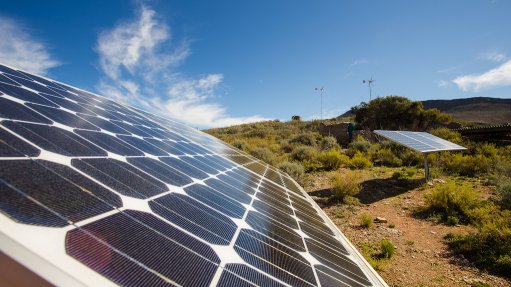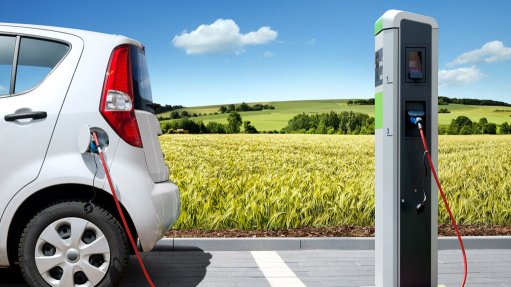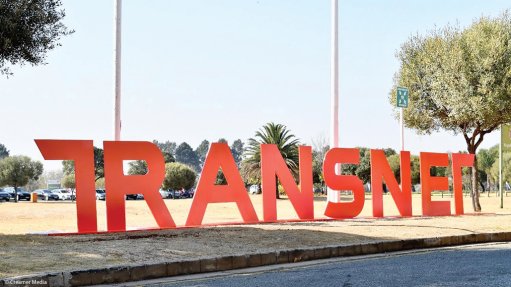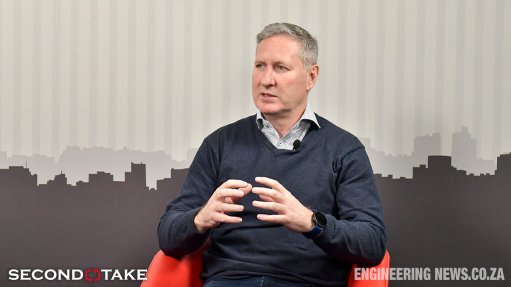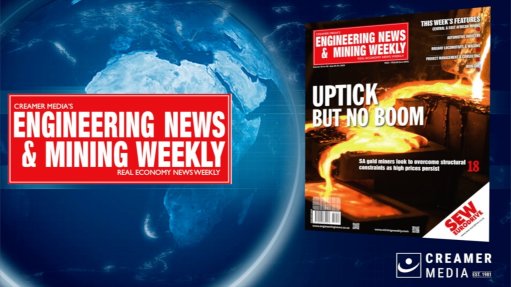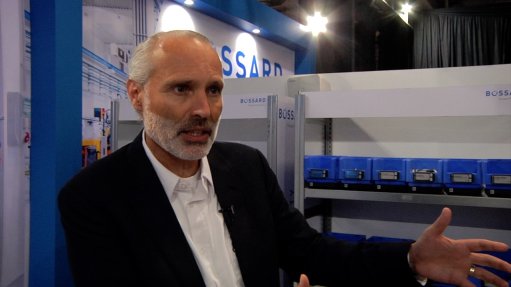Transforming coal industry boosts its sustainability

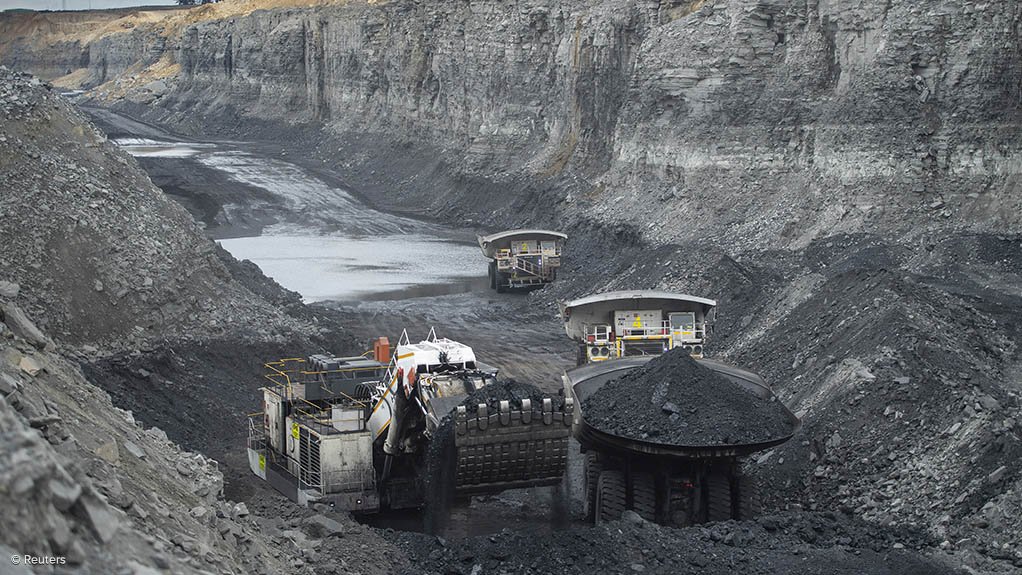

IMPROVED OPERATIONS Thungela is implementing strategies at its operations to enhance energy efficiency, reduce idling times and cut emissions
Photo by Reuters
JULY NDLOVU South Africa’s 100-year coal history is a testament to its adaptability and importance
The coal industry is undergoing a significant transformation through investments in cleaner and more efficient technologies, such as carbon capture and storage (CCS) technology, which is reducing CO2 emissions from coal plants, says coal producer Thungela CEO July Ndlovu.
Other innovations, such as advanced coal gasification and ultra-supercritical power plants, are achieving enhanced thermal efficiency “once thought impossible”, proving that coal can adapt and remain viable within a low-carbon framework, he elaborates.
“The narrative that coal cannot coexist with sustainability needs re-evaluation,” states Ndlovu.
Thungela is implementing strategies at its operations to enhance energy efficiency, reduce idling times and cut emissions.
Through a collaborative effort with mineral research organisation Mintek and institutional innovation entity Technology Innovation Agency, Thungela installed a pilot scale demonstration facility at the Emalahleni Water Reclamation Plant, in eMalahleni, Mpumalanga. This passive water treatment plant harnesses nature-based solutions to reduce environmental impact, addressing mine-affected water while conserving energy.
Ndlovu asserts that through a concerted focus on innovation, coal can be part of a circular economy.
In this regard, he points out that by-products from coal, such as fly ash and gypsum, are already extensively used in industries such as construction and agriculture, reducing waste and lowering the need for virgin materials.
“This, in itself, aligns with global sustainability principles and underscores the possibilities for integrating coal into a responsible energy future,” says Ndlovu.
Re-Evaluating Coal’s Role
“Energy security is not a luxury but a necessity, particularly for developing countries like ours,” says Ndlovu, explaining that South Africa’s reliance on coal, which accounts for about 80% of its electricity, is unlikely to change drastically in the short term.
Despite the push for renewable energy, coal remains the most reliable and cost-effective source of energy for many regions within South Africa.
While wind and solar energy are promising renewable-energy sources, he notes that their intermittent nature, along with the costs and logistics of large-scale storage solutions, prevent wind and solar energy from being viable replacements for coal on a national scale.
In peer economies, such as India and China, Ndlovu points out that coal is a cornerstone of such region’s energy strategy, powering essential industries, creating jobs and fuelling economic growth in ways that other sources cannot match.
“This isn’t to say South Africa should not aggressively pursue renewables. Rather, our energy strategy should reflect a pragmatic mix: one that considers the unique socioeconomic needs of our nation while steadily incorporating cleaner technologies,” he explains.
A responsible energy strategy does not ask South Africans to choose between coal and renewables, but rather builds a bridge between them, says Ndlovu.
Such systems, he adds, not only improve reliability, but also reduce overall emissions – a model well-suited for a country like South Africa with abundant coal resources and growing renewables capacity.
“Around the world, hybrid energy models are proving that coal can work alongside renewables to create a resilient and flexible energy system. Hybrid power plants integrate coal with solar and wind to balance the grid, ensuring that power is available even when renewables falter,” he notes.
Ndlovu highlights a coal plant in Colorado, in the US, which successfully integrated solar PV at its operation, using solar-generated steam to enhance plant efficiency and lower coal consumption.
He asserts that such innovation should inspire South Africa’s energy policy by shifting focus from dismantling existing coal plants, to evolving it within a diversified energy mix.
South Africa can apply this approach locally by investing in technology that integrates coal and renewables to create a more dependable energy system.
Socioeconomic Impact
Viewing coal solely through an environmental lens overlooks its socioeconomic impact, particularly in regions such as Mpumalanga, where coal operations support entire communities, states Ndlovu.
He adds that the coal mining, processing and consuming industry remains a major employer, contributing to livelihoods, local economies and social stability.
“In these areas, coal provides not just energy but opportunity, sustaining jobs and community development through investments in healthcare, education and infrastructure.
“We share the value created with our employees and shareholders, ensuring that our operations contribute to the nation’s socioeconomic growth,” enthuses Ndlovu.
He explains that phasing out coal hastily without a robust transition plan could leave a significant portion of the population without access to reliable power, exacerbate unemployment and hinder economic development in communities that depend on coal-driven industries.
“In regions where renewables cannot yet provide the stability or scale needed, coal is the anchor of energy security,” points out Ndlovu.
Pragmatic Policy Needed
The path forward, notes Ndlovu, requires balanced, realistic energy policy, with advocacy from policymakers, industry leaders and environmental advocates encouraging collaboration between coal and renewables, recognising that both play critical roles in South Africa’s energy future.
“Investment in technologies that support hybrid systems, along with policy frameworks that incentivise responsible coal usage, can create a resilient energy sector,” he suggests.
South Africa’s 100-year coal history is a “testament to its adaptability and importance”, highlights Ndlovu.
“[Coal] has driven industrial development, supported metallurgical research and powered our economy for generations. With the right innovations and policies, it will continue to do so while supporting our national commitment to environmental stewardship,” he concludes.
Comments
Press Office
Announcements
What's On
Subscribe to improve your user experience...
Option 1 (equivalent of R125 a month):
Receive a weekly copy of Creamer Media's Engineering News & Mining Weekly magazine
(print copy for those in South Africa and e-magazine for those outside of South Africa)
Receive daily email newsletters
Access to full search results
Access archive of magazine back copies
Access to Projects in Progress
Access to ONE Research Report of your choice in PDF format
Option 2 (equivalent of R375 a month):
All benefits from Option 1
PLUS
Access to Creamer Media's Research Channel Africa for ALL Research Reports, in PDF format, on various industrial and mining sectors
including Electricity; Water; Energy Transition; Hydrogen; Roads, Rail and Ports; Coal; Gold; Platinum; Battery Metals; etc.
Already a subscriber?
Forgotten your password?
Receive weekly copy of Creamer Media's Engineering News & Mining Weekly magazine (print copy for those in South Africa and e-magazine for those outside of South Africa)
➕
Recieve daily email newsletters
➕
Access to full search results
➕
Access archive of magazine back copies
➕
Access to Projects in Progress
➕
Access to ONE Research Report of your choice in PDF format
RESEARCH CHANNEL AFRICA
R4500 (equivalent of R375 a month)
SUBSCRIBEAll benefits from Option 1
➕
Access to Creamer Media's Research Channel Africa for ALL Research Reports on various industrial and mining sectors, in PDF format, including on:
Electricity
➕
Water
➕
Energy Transition
➕
Hydrogen
➕
Roads, Rail and Ports
➕
Coal
➕
Gold
➕
Platinum
➕
Battery Metals
➕
etc.
Receive all benefits from Option 1 or Option 2 delivered to numerous people at your company
➕
Multiple User names and Passwords for simultaneous log-ins
➕
Intranet integration access to all in your organisation








